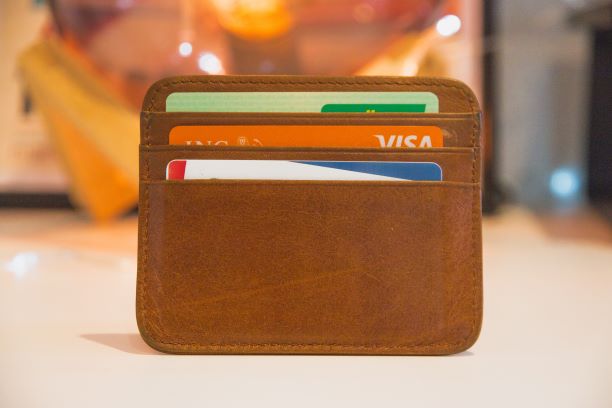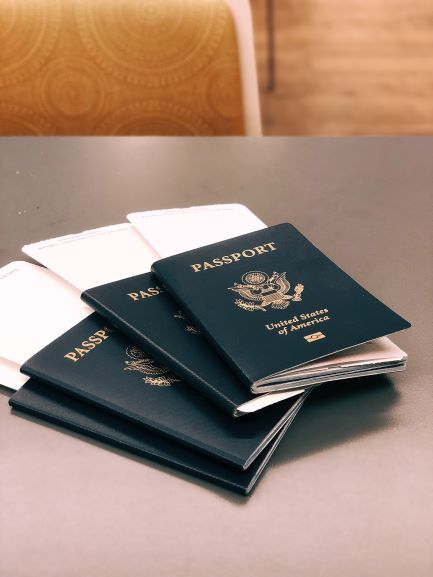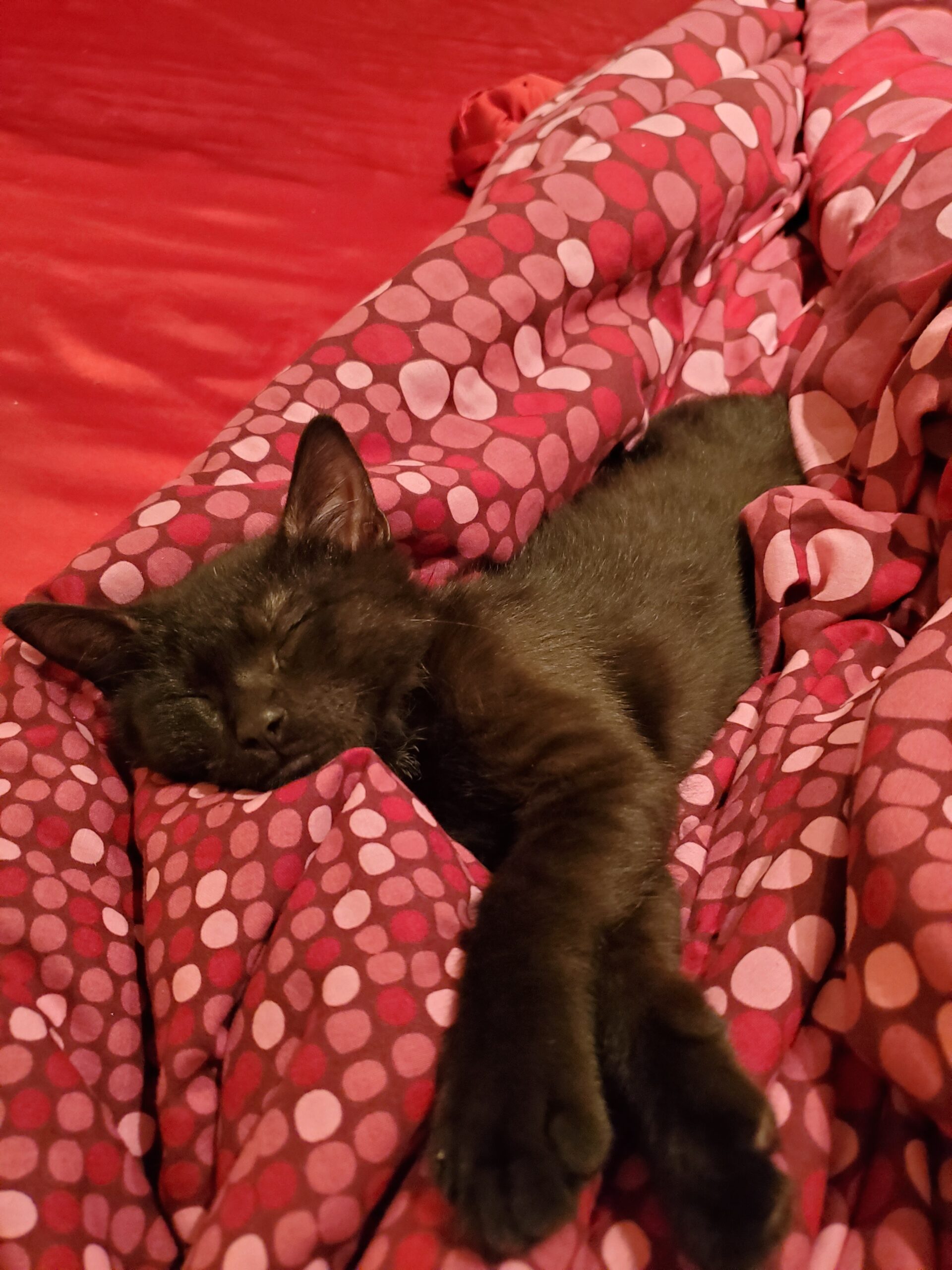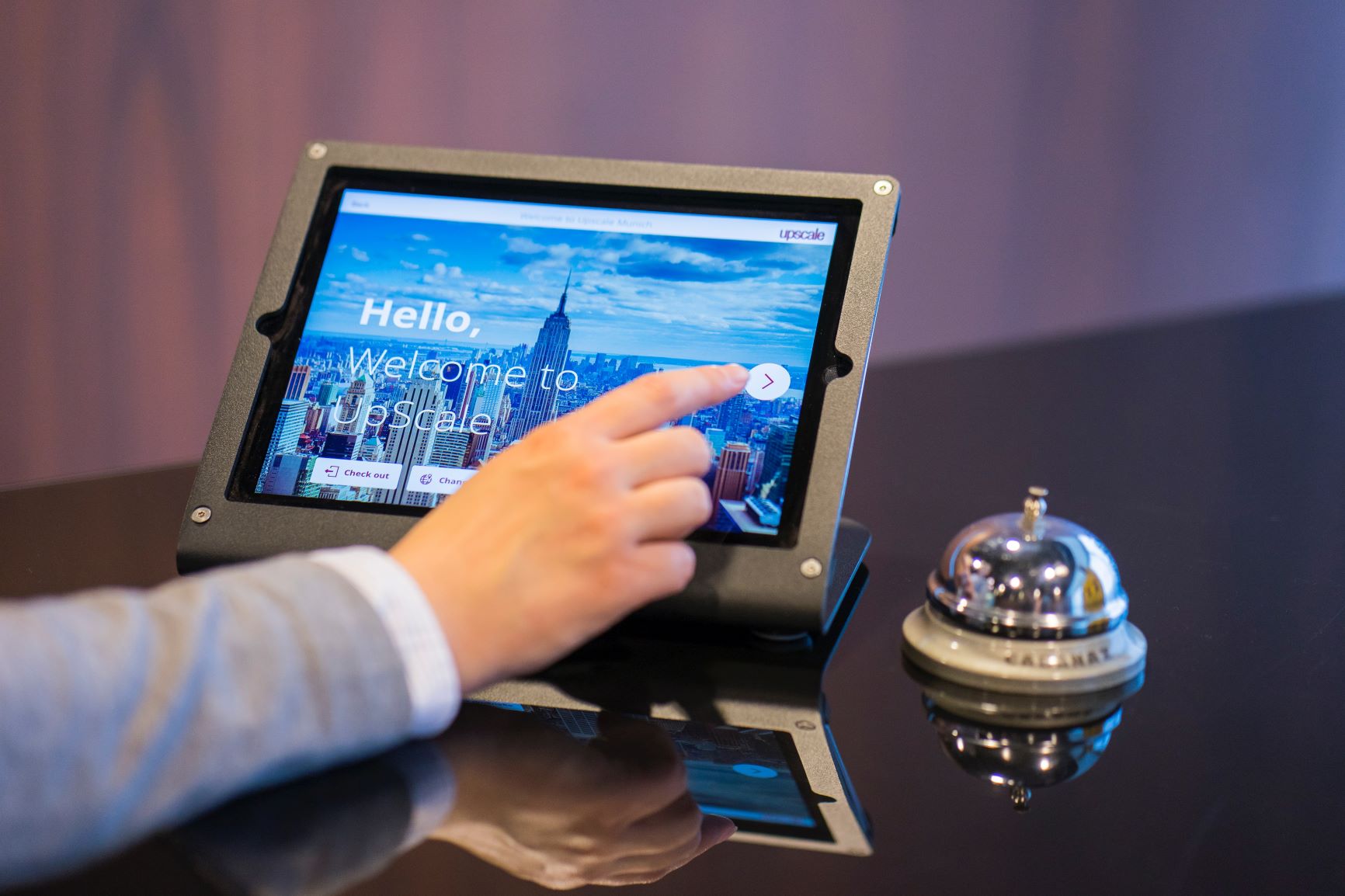Congrats on making it to the final step in the 3-Step Starter Guide for Airbnb Hosts! For many hosts, this step within the guide to Airbnb hosting starts to get tricky as well as time consuming. Everything else up to this point has been standard information about yourself and your property. Not too many decisions needed to be made beyond determining the guest access areas.
This point forward dives into the many nuances that make your listing unique. Airbnb Host Step 3 covers your calendar, the booking settings, and the all important detail – the price!
Airbnb Guest Requirements
In next few sections within this guide to Airbnb hosting, we will discuss your options when it comes to adding additional requirements in order for your guests to book your listing. This section serves as a reminder of the attributes that are already required by Airbnb in order for guests to use the platform.
Guest standards for Airbnb
- Provide email address
- Confirm phone number
- Submit payment information (bank account, credit card)
If guests have not submitted the information to the Airbnb platform, they will not be able to book your listing. This works in the host’s favor for you never have to worry about collecting payments from guests. The guest must have a working method of payment before they ever walk in your door.
Airbnb acts as the middle man and the funding is exchanged upon check-in. You do not need to worry that the guests will not honor the bill when they are ready to leave. The only time this may come as a point of contention is if an events occur where your guest owes you additional money during their stay. Much more on that later. For now, we just need to get your listing up and running so you can get started.

Mandatory requirements for Airbnb guests
- Agree to your House Rules
- Message you about their trip
- Let you know how many guests are coming
- Confirm their check-in time if they’re arriving within 2 days
These standards come into play for guests that break your house rules or provide inaccurate information about their stay. Much more discussion on this topic later.
Determining your Airbnb booking requirements
Before moving onto the next area of this 3-Step Starter Guide to Airbnb, there are 2 optional requirements that you may apply to all guests prior to renting your home. One option requires a government issued ID be added to their profile. The second option requires potential guests to have already been established within the Airbnb system. Additionally, they must have been previously recommended by other hosts and have no prior negative reviews.
If you would like to read further information about the functionality of these features, you may click here and refer to the article entitled, “Should I use Airbnb Instant Book?”.
Government Identification Requirement
The option to require a government issued ID is something that many consider a major advantage. I want to know who is checking in to my home. It is a safety measure so that in case something should go wrong, I can positively identify the names of my guests to the police. I want to know to whom I am opening my doors. It’s a simple exchange that does not require much effort on the part of the guest. When guests set up their accounts, an option will appear allowing them to upload an ID.
Periodically, I receive requests from potential guests looking to book my listing that have not completed this step. When these scenarios occur, I simply inform them that a government ID needs to be uploaded in order to book. 90% of the time this is a non-issue and the potential guest uploads their ID. The 10% of cases where this does not happen, I simply feel as though I dodged a bullet. It is not a strange request and we all deserve to know who we are housing.

Guests with previous Airbnb bookings
This next question adds quite a few stipulations and aims to result in prime Airbnb guests. This option requires guests to have previous stays under their belts using the Airbnb platform. Additionally, they must have received all positive reviews and been recommended by prior hosts. This promotes amazing guest stays, but also reduces the pool of potential guests which can in turn make it more difficult to receive bookings. In my individual scenario, my guess would be that around 85% of the guests who stay with me are first-timers.
If you are brand new to the world of Airbnb hosting, you will need to establish your own host profile. When you are looking to get your ratings going and your bookings coming in, you may want to rethink utilizing this stipulation. However, if you don’t mind going slow, this additional requirement will allow you to get your feet wet while increasing the likelihood of great hosting experiences. Many benefits present themselves when you understand the flow of how the Airbnb process works. Please use this 3-Step Starter Guide to help you learn the robes of being an Airbnb host.
Set the Rules for your Guests
As the host you have complete autonomy to decide what is acceptable for your home. In this first section on the Airbnb site under the heading “Set the Rules..” there are a series of items that you click yes or no for. These items are discussed below within this guide to Airbnb hosting:
Will you allow children at your Airbnb listing?
You get to decide if you want to host groups with children. The age categories are broken up into 2 ranges – those that are under 2 and those with kids over the age of 2. When deciding on whether or not to allow children, it is important to take various considerations into mind. Oftentimes, new hosts do not realize all of the details to look into. This is why it is extremely important you have an Airbnb guide to help walk you through the steps.
Consider if your listing is in a tourist area. Is this tourist area geared towards children? New York City and Orlando are both very touristy; however, Orlando has Disney World which increases the potential of guests looking for accommodations where they can bring their kids. By no means does this mean that you have to accept children; just know that this decision will affect the pure number of bookings you receive. New York on the other hand has many attractions for adults. There are some kid things to do in this city, but generally the Big Apple is associated with adult activities.
“Who wouldn’t want to host children?”, you may ask. Children have the ability to create big messes that their adult-sized counter parts may take many more days to achieve on their own. You also run a higher risk of items being broken, walls being dented or scratched, etc. Parents parent with many different styles so you never know what you are going to get.
Does your Airbnb listing allow Pets, Smoking and Parties?
Again, just a yes or no. These things are up for you to decide. For many, these may seem like no-brainers, but if you are a pet lover you may want to allow pets. If you are in a festive area, you may be okay with parties. These things are really up for you to decide. These are your house rules so what you say goes. These things are not up for debate. Please make sure to select which rules you would like moving forward.
Should you chose to allow smoking at your listing, check out the post, “How do I avoid Airbnb neighbor problems?“. Smoking has been on a steady decline through much of the world. However, many people still enjoy having a smoke. Designated smoking areas help to contain the potential waste while helping to not upset your neighbors.
Additional Rules you may impose on Guests
You may also add in rules that are not predetermined by Airbnb. Guests must abide by these rules to remain in the terms of agreement with Airbnb. Please note, that the more rules you have listed the less attractive your listing may appear. Many of the guests searching listings are looking for leisure options. Too many rules can contribute to making your guests feel uncomfortable.
Additional Airbnb Listing Details
Airbnb has a list of items that you simply check the box if they are applicable for your listing. These items include: Must climb stairs, Potential for noise, Pet(s) live on property, No parking on property, Some spaces are shared, Amenity limitations, Surveillance or recording devices on property, Weapons on property, and dangerous animals on property. Please answer this area honestly – especially the pet aspect. Many people have allergies or fears surrounding animals. Potential guests deserve a clear picture of your listing.

How Guests will Book with You
This next page of the 3-Step Starter Guide setup process lists the steps involved in the booking process.
Your listing appears for those who fit the standard Airbnb booking requirements and any extra requirements you stipulate. Should they choose your listing, they will need to confirm their contact information, provide payment details on the Airbnb platform, and tell you about their trip.
Airbnb Instant Book
The booking criteria you selected on a previous page of the Airbnb platform comes into play next. Airbnb favors listings that allow “instant booking”. “What is instant booking”, you ask? Instant booking allows guests to book your home if they fall into your predetermined criteria for who you will allow as a guest. This means that as long as the guest has provided their contact number, a working email, and method of payment, the guest will be able to book your listing provided it falls in available dates, without confirming with you. An option exists where you may review every request before accepting. This may sound scary, but the Airbnb platform has created some hurdles for those who do not use this feature.
To read in further detail about how Instant Booking works and dive into the pros and cons of using this feature, please see our article entitled, “Should I use Instant Book?“.
Saying No to Instant Book?
Should you choose to deny instant booking and review all bookings before you allow an official reservation, Airbnb makes some serious claims. At this step in the sign on process, Airbnb states that hosts with instant book turned on experience increased earnings since many people want to book on the spot instead of waiting for correspondence. The site also states that your listing will appear in greater frequency in search results. I have not tested this to see how much an anti instant book listing is affected, but you are sure to experience a reduction in the frequency of bookings.
One benefit you lose if you shut off instant book is the requirement of a government issued ID. Earlier I explained that I always have this requirement turned on. I simply feel safer knowing who is in my home. Without this option, you are taking the guest’s word that they are who they say they are. Most of the time, people are not attempting to go incognito, but crazy things can happen. Set up your account however you feel most comfortable.
The Connection between Instant Book and Host Protection
Another important note to ponder is that instant booking is tied to host protection. Should you choose instant book, any correspondence you have with the guest that makes you feel uncomfortable is a viable reason to cancel the reservation penalty free. Airbnb does not want you to feel uneasy in your own home and this issue is taken seriously.
For example, a woman booked my listing and then sent me messages requesting a reduced rate. She went on to tell her life story and why she felt she was worthy of paying less than the going rate. This woman was a stranger and did not even enter my home yet. If this is how she was behaving before she even made it to my place, imagine what favors she would try to finagle after arrival. I called Airbnb and they promptly cancelled the reservation. When you do not utilize instant booking, Airbnb does not offer the protection of a cancellation without penalty. They assume you have done your own due diligence in vetting the guests.
To read more about the cancellation policies of Airbnb (yes, there is more than one), you may read our article, “The Ins and Outs of Airbnb Cancellation Policies”.
Preparing your Airbnb
Next within the guide to Airbnb Hosting, you should consider your schedule and availability. Determine how much time you would like to prepare before a booking. Is it okay if someone books last minute or do you feel you need prep time? There is no right answer so please be honest with yourself about this. The system allows for anywhere between a full week of advance notice to same day bookings. Are you prepared to always have the place ready to go? Or would you prefer to have additional time just in case? What is more important? Making those extra sales due to your increased availability? Or having that piece of mind that you don’t always have to be on call?
How to Clean your Airbnb discusses the fact that one of the key factors to being a successful host is always having your home ready for visitors. This means white glove ready. If you think you may need a few days to prep each time, simply choose the option that allows for advance notice. Please note, if you choose to have prep time it will take longer to establish a reputation as a successful host. Less people will be able to book since many need last minute accommodations. The cleanliness of your home effects your reputation as well as your pocket book so weigh the pros and cons and choose what is right for you.

Check ins & outs
The next section determines both the check-in and check-out times. For check-in, 3pm is common. This by no means means that you have to have a 3pm check-in as well. Choose the time that fits your schedule. Make sure that whatever check-in and out window you select allows enough time to change over the area and have it ready for the next guest should you choose to set up your parameters to allow back-to-back bookings. Determine the amount of cleaning time required to completely change over the room.
Use the Airbnb Cleaning Checklist to help you gauge your cleaning window. Personally, I am utilizing Airbnb to earn as much extra income as possible. I enjoy a calendar with maximum bookings, but this may not be the case for everybody. Think about your hosting strategy and ensure the check-in time you choose allows for enough time to clean.
Check-outs
For check-out times, I have seen a variation. Most fall somewhere in between 9am and 12 noon with 11am being the most popular time. My checkout time is noon. Noon used to be standard across all hotels. Slowly and surely this time began to creep up towards 11am. I am a person who enjoys my weekends, so any type of morning checkout time I view as just not nice. I choose to treat my guests in the manner I would want to be treated so I allow them until noon to leave. For my particular scenario, because I have multiple rooms I do not allow check-in until 4pm. Three hours is simply not enough time to change over all of my rooms and dedicate sparkling clean service. Please test your cleaning time prior to the arrival of your first guest.

Setting up Your Calendar
For this area, you will have many decisions to make. The discussion below includes thoughts on your calendar availability as well as your preference for length of stay for your guests.
Advance Bookings
Airbnb allows you to open your calendar to your convenience. You can have all the dates blocked by default so that you manually release the dates you are ready to host. On the other end of the spectrum, you can open your calendar for up to a year. Again, choose what is comfortable to you, but be cognizant of the fact that if you need to cancel a reservation you will be penalized. Many hosts choose to open their calendars for 3 month intervals. This allows a good amount of control over future events while allowing people to book in advance should a special event or holiday be coming up.
Personally, I am more of a spontaneous person so I tend to block my calendar unless I specify the dates are available. This allows me to do spur of the moment activities without being tied to a previous reservation. For people who are planners, you may wish to choose to have the calendar open for 3 to 6 months in advance. Think about what would best suit your needs and open the calendar accordingly.

Length of Stay
You may decide the minimum and maximum amount of time you wish to allow any one guest or group of guests is allowed to stay at your home. This time must be predetermined. Increasing the minimum night requirement reduces the deep clean schedule that must be performed in between guest. However, the higher the maximum, the less potential guests you may receive unless there is some sort of special event near your location. Typically I set my minimums to a 2 night stay. I adjust this amount by increasing it whenever prime season or special events occur.
Maximum number of days must also be set. The longer the person can stay the more consistency you will experience. But remember! These people are strangers. You have no idea what type of person you are going to be hosting and if you are opening up your own home to someone, you may want to take extra precaution. I like to set my cap at 30 days. I enjoy the monetary consistency and the reduced number of deep cleans needed. If a guest wishes to stay longer than the 30 days, I feel it is better to decide this after they have stayed with you for a bit. They can always book your listing a second time. Another reason, I like to keep the max at 30 is because I am not a fan of having traditional roommates.
Important Note
The article “Airbnb vs. Renting” discusses the disadvantages and advantages of hosting compared to the traditional roommate set up. It is my belief that after 30 days, many guests start to feel as if your home is their home and begin to make rules of their own. I would prefer strangers not to get too comfortable so I keep the 30 day limitation. Again, do what makes you feel comfortable.
Setting up your Pricing
Research your area to learn about the going rates. Compare Airbnb listings to understand your competitors. Pay attention to how offered amenities and location affects the price. Also, look into the popular hotel search sites such as Hotels.com or Expedia.com to compare the going rates. See how the pricing for the days of the week adjusts for the weekend. Always stay cognizant of ongoing activities so that your pricing can adjust accordingly.
To learn more about how to set your pricing, please refer to our article, “Airbnb Pricing: How to Set Your Best Price”.
Airbnb Smart Pricing
Smart pricing is a tool to use within the Airbnb platform that allows your price to adjust according to what Airbnb perceives to be the going rate. The tool changes the pricing by the day so you may see fluctuations throughout the week. The system reviews the pricing of similar listings as well as the availability of listings in your area. Using this tool increases the rate at which your listing is booked. It is designed to be competitive so the tool may not offer you the maximum value for your listing, rather the maximum amount of reservations. Use this tool for what fits your particular needs; maximum listings or maximum daily rates.

Smart Price Structure
This next area is where you select your pricing. Don’t worry! You will have opportunities to change this later in the process. However, please be mindful that the second your listing goes live, the prices you provide in this area will be used. Holidays and special functions will not be taken into account.
It is worth a mention because on my very first listing I had set the regular rates for one of the rooms in my home. I kid you not when I say the second that sucker went live, I had a booking. The problem was that it was for the most expensive night in the whole year in my town. We have many local events that attract visitors from around the world. It just so happened to be that a guest from Australia was perusing the site when my listing popped up. She was able to book the room for only 25% of the price and without a required minimum stay. Talk about learning the hard way!!! So please be careful with everything you select in these sections.
For more insight on using the Smart Pricing tool click here to view Airbnb Smart Pricing Explained: What is it and How to use it.
Airbnb Base Price
Set the base price for what you believe your average rate will be. When Smart Pricing is not in use, this price will be the default for all days. Later on you may adjust for weekends but in order to move forward you must put in something here. A minimum and maximum choice also need to be added. Smart pricing helps your listing to stay competitive so the system requests the minimum you feel comfortable with your listing going. You must also enter a maximum price.
Smart Pricing will not list your property above the price you select. The only reason I could think of for selecting a reasonable maximum price would be if you are worried about your listing staying within its value. If your rate fluctuates high due to market conditions, but your property does not warrant that same increase, you could find an angry guest in your hands.
Otherwise, a maximum price cap shouldn’t really be of too much concern. Enter well above what you believe is market rate to gain maximum benefit should an event occur that drastically raises listing rates. You may also choose to simply move forward with your base price.
Airbnb provides suggestions for rates. Most hosts find these dollar amounts to be on the low side so proceed with caution! Remember, do what makes you feel comfortable. Be honest with yourself about the quality of your listing. Compare your home to the other listings around you and develop a reasonable price.

Length of Stay Prices
You may offer discounts for week stays and month stays. Hosting longer stretches of time helps to reduce the cleanup cycle. This also offers more stable income. As discussed in the “Length of Stay” section under “Setting up your Calendar”, there are both advantages and disadvantages to having long term guests when the situation is a home share. Set up your discount amounts with what you find comfortable. I adjust my discounts depending on the time of year and seasonal activities. It is vital you stay in the know with what is happening in your area so that you may take advantage to boost your earnings.
Almost Done!
The last step within the guide to Airbnb hosting is to confirm your identity. You may do this by entering the last 4 digits of your social security number or you may upload a government issued ID directly onto the Airbnb site. This information is not shared with anyone and you are good to go!
Whew! You made it. You have gotten through this guide to Airbnb hosting and your listing is now live. Congratulations! Cheers to some fun adventures on The Airbnb Ride!!!

